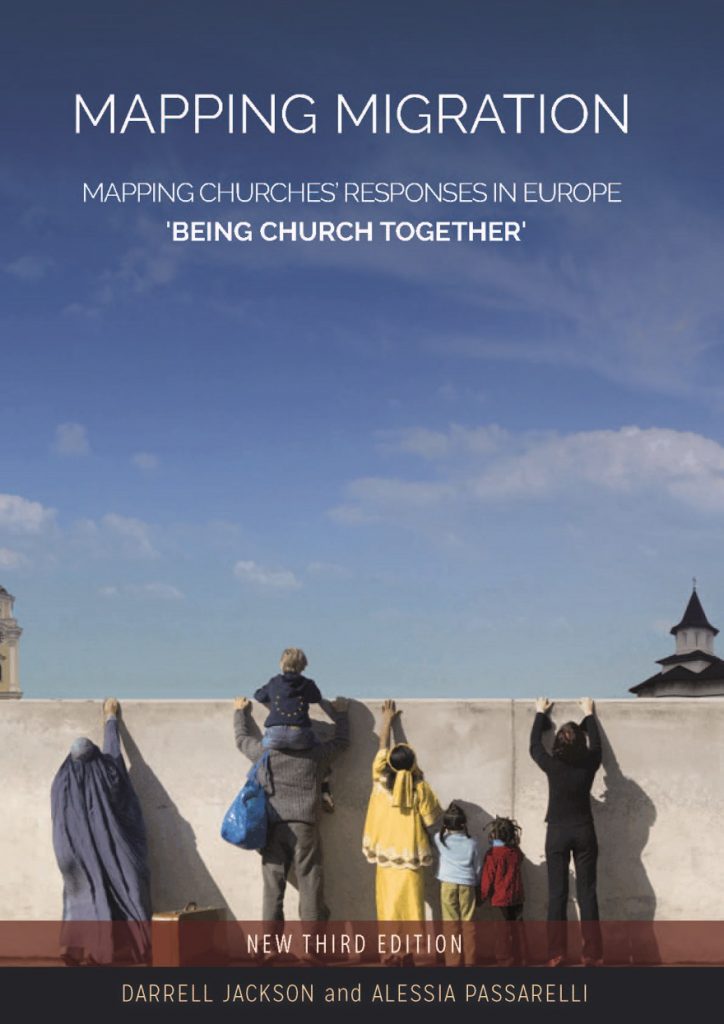22 Jun 2021
A new joint publication, “Mapping Migration, Mapping Churches’ Response in Europe,” has been released by the Churches’ Commission for Migrants in Europe (CCME) and World Council of Churches (WCC).
The new publication was released as part of an online ecumenical event held recently by WCC and the Council for World Mission entitled “Anti-racist in Christ? Ecumenical Christian Repentance, Reflection and Action on Racial Discrimination and Xenophobia.”
Both the event and the study are pursuing work and policies to confront racism and to invite anti-racist action, habits and policies.
The CCME general secretary, Torsten Moritz, who presented the study, said: “Both in understanding the colourful ecumenical reality of churches in Europe and in addressing the road ahead for becoming churches of unity and equality – mapping the reality on the ground is the first step. This is what the study does, and in doing so, it both encourages and challenges us as churches and ecumenical family in Europe.”
“In addition to presenting more recent statistical data, this third edition of the study particularly looks at how migration is changing the reality of churches in Europe – with new patterns of Christian churches springing up and changing the reality of existing churches,” explains the study’s foreword. The publication then offers a snapshot of the intercultural and diverse reality of many societies and churches across Europe.
The first edition was published in April 2008; the second edition in 2016.

The study, authored by Rev. Prof. Darrell Jackson and Dr Alessia Passarelli, explores questions such as: “In which way then do churches position themselves in these debates? Does living in multicultural societies have an impact on the constituency of churches and on their way of being church?”
The study examines the efforts of established churches in Europe in uniting in diversity as well as the reality of churches, fellowships and congregations founded and governed by migrants or the descendants of previous migrant generations. It is in part based on more than 70 responses to a differentiated questionnaire from more than 20 countries across Europe, shared in the Churches’ Commission for Migrants in Europe membership but also with the help of the Conference of European Churches as well as theologians and scholars.





